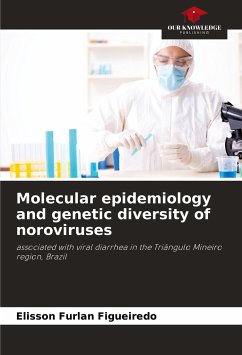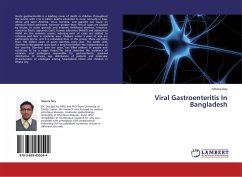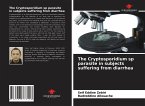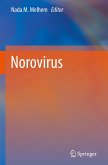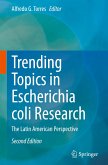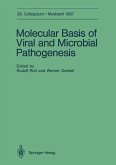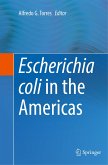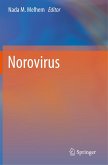Acute childhood gastroenteritis affects more than 700 million children under the age of five every year and causes approximately 1.87 million deaths, a figure that represents 12% of childhood deaths worldwide. Viral pathogens are among the most common causes of childhood gastroenteritis and norovirus is one of the major causes of sporadic outbreaks of diarrhea in adults and children under five years of age. The aim of this study was to detect and characterize the genetic variability of norovirus in faecal samples from cases of childhood gastroenteritis. Screening was carried out using an enzyme-linked immunosorbent assay and the positive samples were subjected to genotyping by RT-PCR, partial genome sequencing and phylogenetic analysis. A total of 975 fecal samples were analyzed, resulting in 144 (14.7%) positive samples. The prevalence of norovirus was higher than the prevalence of rotavirus (12%), previously characterized in these samples. There was no seasonal pattern related to norovirus infection.
Bitte wählen Sie Ihr Anliegen aus.
Rechnungen
Retourenschein anfordern
Bestellstatus
Storno

